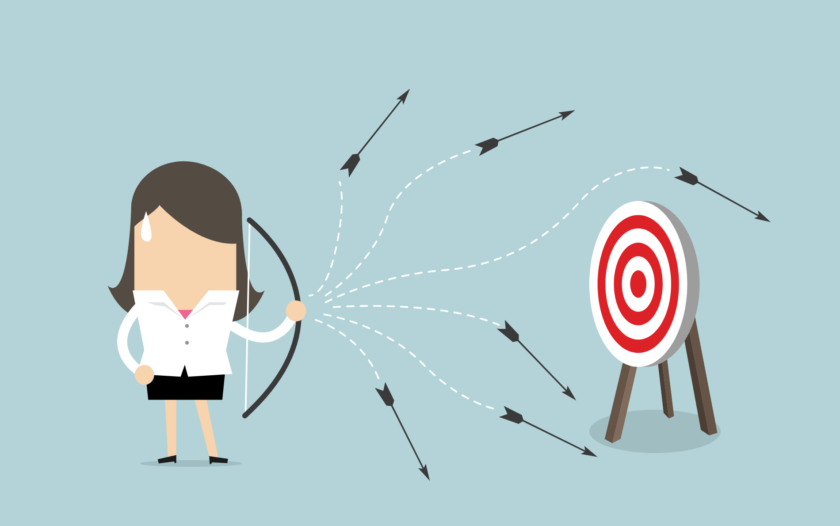Are Women Set Up to Fail When it Comes to Money?
About Anouare
Anouare is a seasoned writer, editor and content strategist who started her career as a lifestyle journalist before stepping into leadership roles at publications such as AskMen and Goalcast. From editorial strategy to content marketing and project-management, she has tackled various challenges in digital media and discovered her passion for mentoring others in the process. She loves a good money mindset book and believes you can create your dream lifestyle by being yourself.
Read full bio
At a Glance
You know about the gender pay gap. But the gender wealth gap extends beyond the fact women make 0.82 cents for every dollar a man makes.
“The gender wealth gap is greater than the gender income gap, but it’s also more difficult to study because the majority of surveys collect wealth data at the family level and family finances are often co-mingled,” says Marigny deMauriac, Certified Financial Planner, Accredited Asset Management Specialist, and CEO of deMAURIAC, a financial consulting and wealth management company for women.
Are women set up to fail when it comes to money?
So, are women set up to fail when it comes to money? Our financial systems were created by men after all–and they were not designed to favor women. In the eighteenth and nineteenth centuries, married women couldn’t own property in their own names. And women couldn’t open their own bank accounts until the 1960s.
Plus, while women are thankfully no longer legally required to have their husband’s stamp of approval on financial decisions, some unconscious gender bias still exists when it comes to money management.
“Because there are so many societal pressures for women to either avoid managing money or telling them that they’re not even good at it (or will ever be) and will need to find a spouse (usually male) who plays the financial advisor/manager role within the household, this limits women’s confidence and also attracts them likely into relationships where that is a set dynamic,” says headhunter, executive coach, and entrepreneur Dandan Zhu.
The economic penalty for women
Shouldering unpaid work is another challenge. An Oxfam report estimated that the unpaid care work performed by women around the world amounts to at least $10.8 trillion annually. “The dominant model of capitalism actively exploits and drives traditional sexist beliefs that disempower women and girls, counting on them to do this work, but refusing to value them for it,” according to Oxfam. Like deMauriac puts it, “pausing your career to birth another human or to care for a terminally ill parent is a justifiable reason to get paid less for the remainder of your human existence.”
“That means women are essentially penalized economically over the course of their entire lives for caretaking a future generation of workers (which will keep the economy going, mind you) and for caretaking our aging population (which reduces the burden on our government to care for those individuals).”
More wealth in the hands of women
So considering the factors above, yes, our systems were built in a way that sets women up for failure financially. But that doesn’t mean things are hopeless. The more wealth in the hands of women, the more we can change those systems. And there is power in unlearning certain unconscious gender biases and taking control of your finances.
“It’s incredibly important to fix the broken system we have in terms of unfairly promoting a lack of financial awareness as somehow a virtue (i.e. greed is bad) and instead turn things around,” says Zhu, who recommends learning about finance through books and online resources and shifting your mindset towards feeling empowered about money instead of avoiding it.
“The information and resources are so robust online that, along with a mindset shift, it’s actually quite easy today to get started on investing in ETFs and Mutual Funds even without an advisor through tools like M1, Robinhood, etc.”
“As women, we need to be particularly diligent in how we spend, save and invest the dollars we do have in order to try to bridge these gaps and play a bit of catch up,” adds deMauriac.









